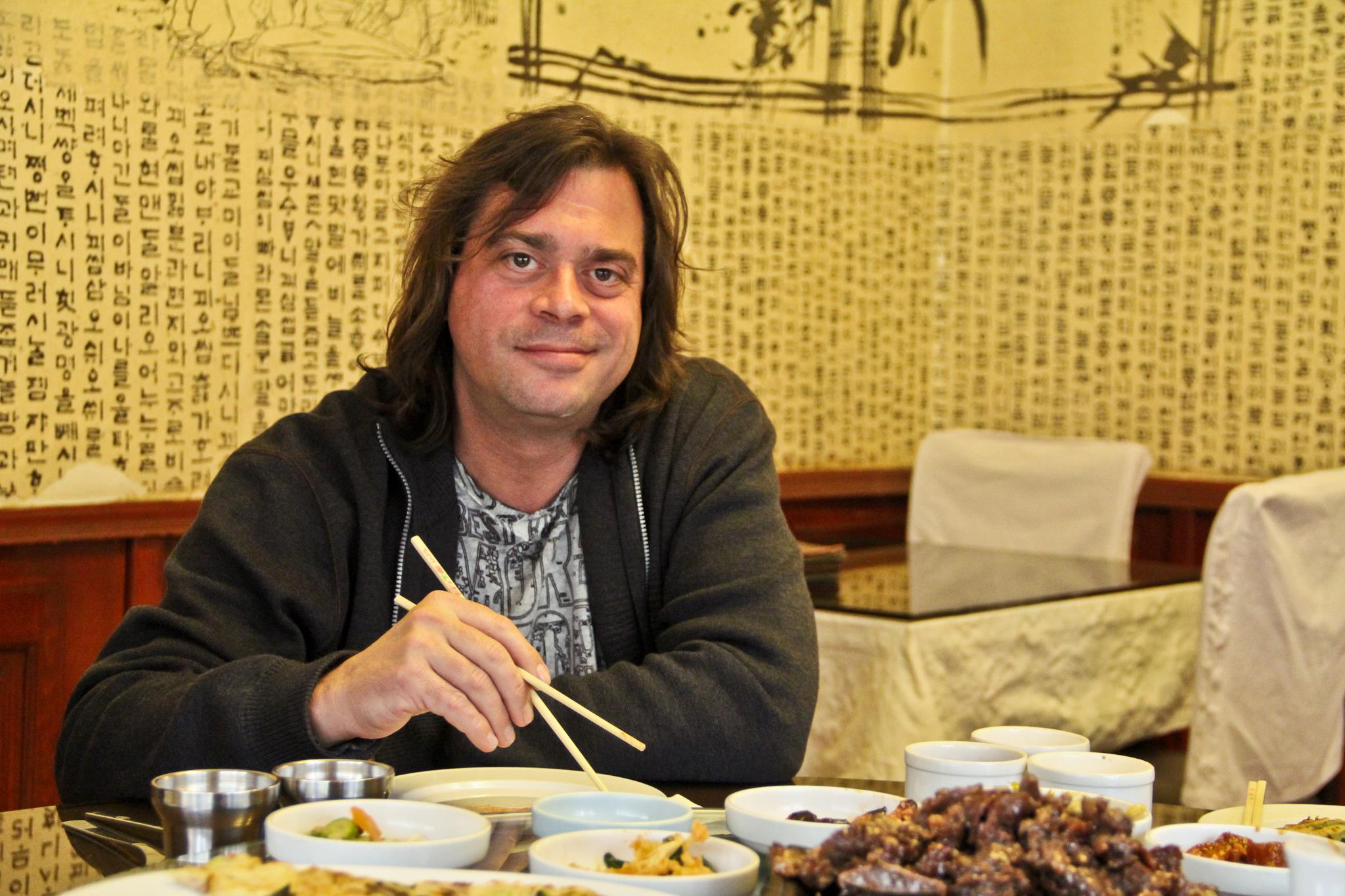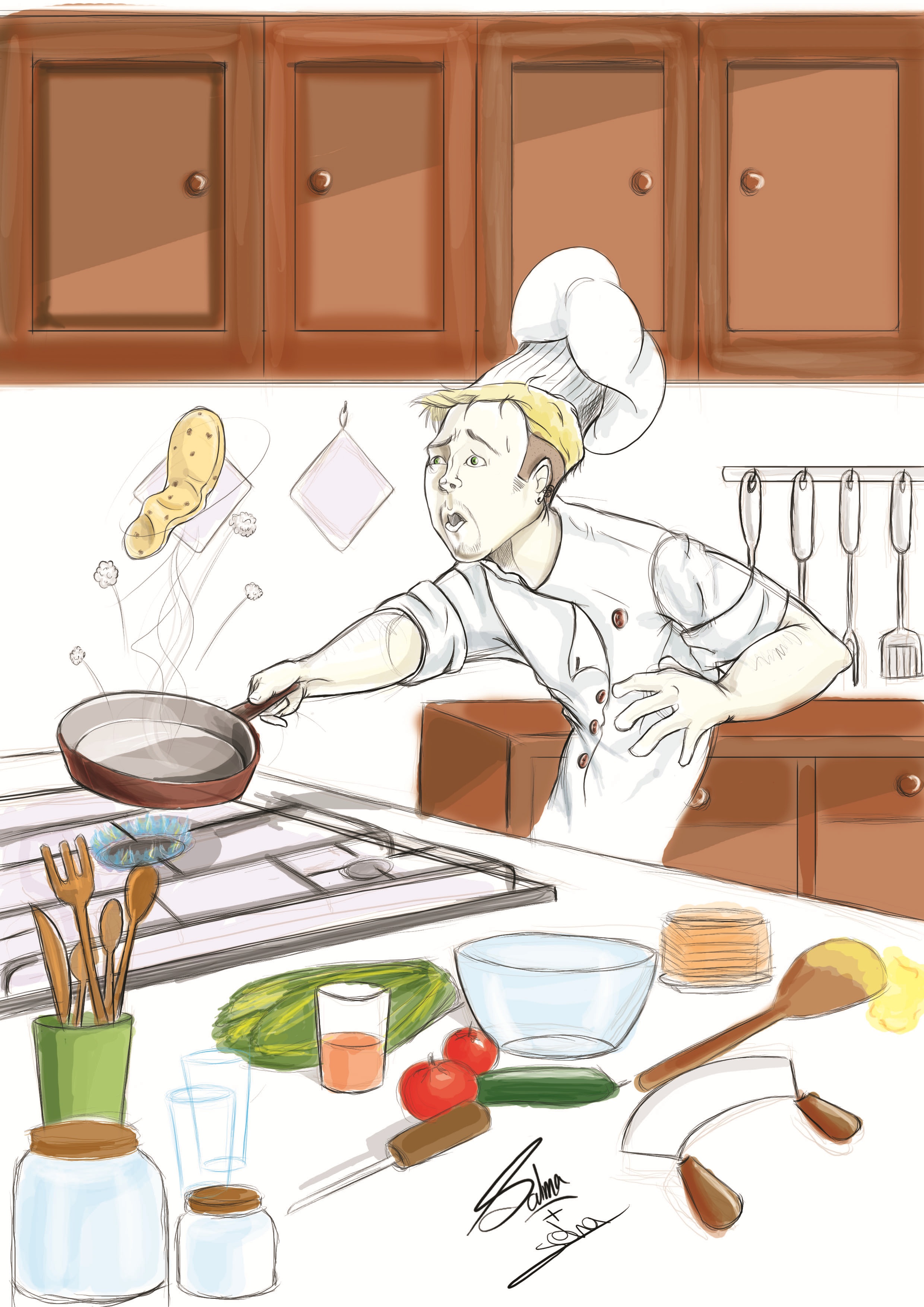By Nayera Yasser
After 15 years of success and innovation in the corporate world, Riham Zaghloul woke up one morning in 2005 with an unstoppable desire to leave the software industry behind and start implementing the designs she has always seen so vividly in her dreams.
Zaghloul grew up in an artistic family; surrounded by both a corporate environment at work, as well as a family full of painters, poets and calligraphers. Ever since she was a little girl, she had an intense passion for jewellery and art; however, she never fully pursued it. Instead, Zaghloul has always circled around designing.
With that being said, her real start came after finally resigning from her day job and heading to Valenza, Italy, where she joined several goldsmithing workshops to fulfil her life-long passion. Daily News Egypt met the artist on the launching party of her brand, Zagh, to discuss the essence of her jewellery, her goals and future plans.

(Photo handout)
How would you define Zagh’s jewellery?
We started few months ago, today is our official launch. Zagh is an Egyptian brand, currently specialised in fine jewellery and we plan to add home accessories in the future. We are based in Maadi, Cairo and we have another sister company, Zagh International, based in London and it will be handling our sales distributions, especially when we start working with foreign retailers abroad.
Zagh is a jewellery brand based on art, quality and authenticity. It is inspired by art; however, to me quality comes first, meaning that it is not just about the design, it is about attention to every single detail that goes into sketching, designing, casting, finishing, etc.
My main definition of Zagh is very similar to a state of painting and expression; I paint using metals, I use them to express my inspirations and emotions.
We currently have two workshops; one in Valenza, Italy and another in Pforzheim, Germany. The latter is very essential to us because the workers there have a tremendous experience in settings/micro-setting, findings and casting techniques. The reason we decided to depend on foreign workshops was the fact that goldsmithing in Egypt is very limited; while there are many professional workers in Egypt, the craft itself needs further development and specialized education entities to compete with the global standards.
Conversely, the youngest worker in any of our workshops did a four-year goldsmithing course after college. Our goal is to bring this experience and knowledge to Egypt. Hopefully, with the help of the government and the Ministry of Foreign Trade and Industry, we will be able to spread the needed knowledge and highlight the importance of developing this craft. I have a goal, which is to bring the cutting-edge knowhow to Egypt, so I would eventually produce my designs locally.
Today, we are launching six collections; they are mainly inspired by nature, human heritage and architecture, because these three represent a personal interest.
We started the company only eight months ago; meanwhile, I started designing these collections a few months earlier. I am the solo designer and I work with a group of CAD experts and goldsmiths, as well as a committee of quality control, and finally a back office in Egypt for logistics and financials.
Our main goal is to go international; I would love to see an Egyptian and Arab brand that meets the quality standards of global names. Usually, Egyptian jewellery manufacturers have a preference for local production, which ultimately affect their quality. In my opinion, the only essential qualifications in a worker should be his background and skills.

(Photo Handout)
Where do you place yourself amid the current local competition?
Zagh is different by nature; I am not a mass-production brand, my approach targets the niche class. My pieces are based on art and inspiration; the Geoclassic collection is based on architecture, Giaietto revolves around calligraphy, and Organics is purely about nature.
As a brand, we aim to offer timeless designs that are assertive in character and comfortable in wear. When you buy a piece, we want you to keep it forever. Buying our pieces is just like buying a painting; it never goes out of style.
Therefore, I do not think I am competing with any local brand conceptually. I respect everyone in the market and I learn from each of them; each name has its own genre, be it diamonds, ethnic jewellery or even the majority which offers classic local bangles.
Do you have your eyes set on an inspiring individual for an upcoming collaboration?
I personally believe in collaborations; I do not prefer to control everything as I have witnessed several successful attempts in the arena of joint designs. Big brands often collaborate with other artists and designers; one head usually causes creative limitation.
We are actually very picky; however, I can currently announce a brief piece of information until we do the official reveal.
The music that was playing during the welcoming speech and after it was not an accidental choice. Lorean is a Swedish-Moroccan singer who won the Eurovision award in 2012. She has a long record of humanitarian initiatives, and we absolutely relate to her self-built story. She is the UN ambassador for children in several countries and she wants to achieve a lot of things.
Her goals and morals are very similar to ours; but, I will hold up on that because something is coming up very soon.

(Photo handout)
What are your main goals?
We are a responsible brand that aims for a better environment and world. Personally, I feel very strongly about the current political conflicts. I want to make sure that nothing that I buy feeds that. For example, we have learnt that most of the diamond traded in Egypt funds regional conflicts; therefore, we make sure to check the background of all of our materials.
Environment is also key; anyone can feel the difference in Cairo in comparison to 20 years ago. We highly neglect the environment and recycling. We are the first Egyptian brand to use recycled metal and paper for our packaging; our packaging might not be the best but at least we know that it is better for the world.
Our workshops use energy-saving lamps and we highly control our water and heat usage, as we need both during the manufacturing process.
From recyclable metal and ‘conflict free’ diamonds all the way to recyclable material for its packaging, ZAGH spares no effort to preserve and protect the environment. We consider ourselves very responsible towards the planet, because nature and heritage are our sources of inspiration; therefore, it is very important for us to keep both intact.
What are the main materials involved in your designs?
Gold, silver and precious stones; most of our designs depend on 18k gold, we make our own alloys, as well as 925 sterling silver. We have an innovative anti-tarnishing technique that makes it shine longer, despite the hot weather.
Our stones are often out of the usual; we use diamonds but only as a continuation of an idea, not as a solid goal. Meanwhile, we depend on jet stone because it is an all-natural stone. It started its lifecycle as wood and then turned into a fossil; it is very rare and I personally favour rare materials because wearing them is a sign of respecting your own body.
We also use agate, smoked quartz and local turquoise that we personally carve in our workshops. Simultaneously, we reinterpret mother-of-pearl for a modern diversion from our heritage; because, the international market wants something authentic, yet modern and practical; something that could be worn everyday for decades without worrying about the quality.



